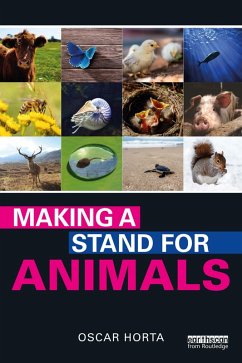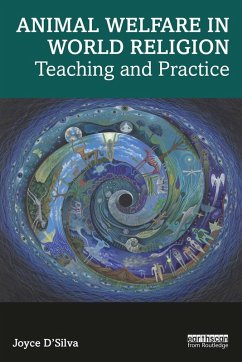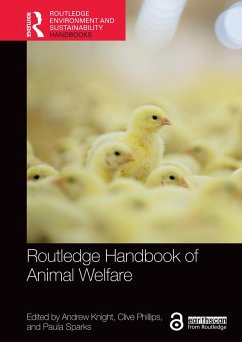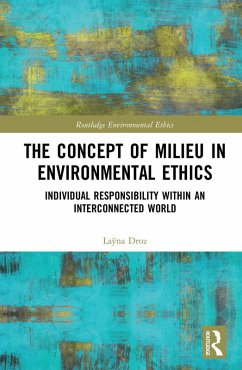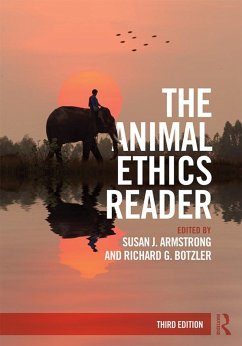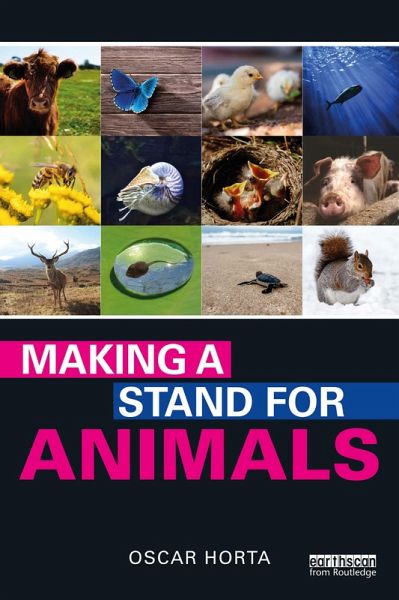
Making a Stand for Animals (eBook, ePUB)
Versandkostenfrei!
Sofort per Download lieferbar
21,95 €
inkl. MwSt.
Weitere Ausgaben:

PAYBACK Punkte
11 °P sammeln!
Engaging and thought-provoking, this book examines how humans see and treat other animals and argues that we should extend equal consideration and respect to all beings, human and nonhuman alike.Our world is plighted by 'isms' such as racism and sexism, but we may have overlooked a very important one: speciesism. Speciesism is a form of discrimination against those who don't belong to a certain species. It drives us to see nonhuman animals as objects, rather than individuals with their own interests and with the ability to feel and suffer. This book questions all of the assumptions speciesism ...
Engaging and thought-provoking, this book examines how humans see and treat other animals and argues that we should extend equal consideration and respect to all beings, human and nonhuman alike.
Our world is plighted by 'isms' such as racism and sexism, but we may have overlooked a very important one: speciesism. Speciesism is a form of discrimination against those who don't belong to a certain species. It drives us to see nonhuman animals as objects, rather than individuals with their own interests and with the ability to feel and suffer. This book questions all of the assumptions speciesism is based upon. It raises many challenging questions over humans' very complicated attitudes toward other animals. Thinking about how animals are used as well as the suffering of wild animals, and what the future may be for all beings, this book calls for society to seriously take into account the interests of all animals.
For all who care about animals, or simply how to make the world a better place, this book is essential reading.
Our world is plighted by 'isms' such as racism and sexism, but we may have overlooked a very important one: speciesism. Speciesism is a form of discrimination against those who don't belong to a certain species. It drives us to see nonhuman animals as objects, rather than individuals with their own interests and with the ability to feel and suffer. This book questions all of the assumptions speciesism is based upon. It raises many challenging questions over humans' very complicated attitudes toward other animals. Thinking about how animals are used as well as the suffering of wild animals, and what the future may be for all beings, this book calls for society to seriously take into account the interests of all animals.
For all who care about animals, or simply how to make the world a better place, this book is essential reading.
Dieser Download kann aus rechtlichen Gründen nur mit Rechnungsadresse in A, B, BG, CY, CZ, D, DK, EW, E, FIN, F, GR, HR, H, IRL, I, LT, L, LR, M, NL, PL, P, R, S, SLO, SK ausgeliefert werden.




